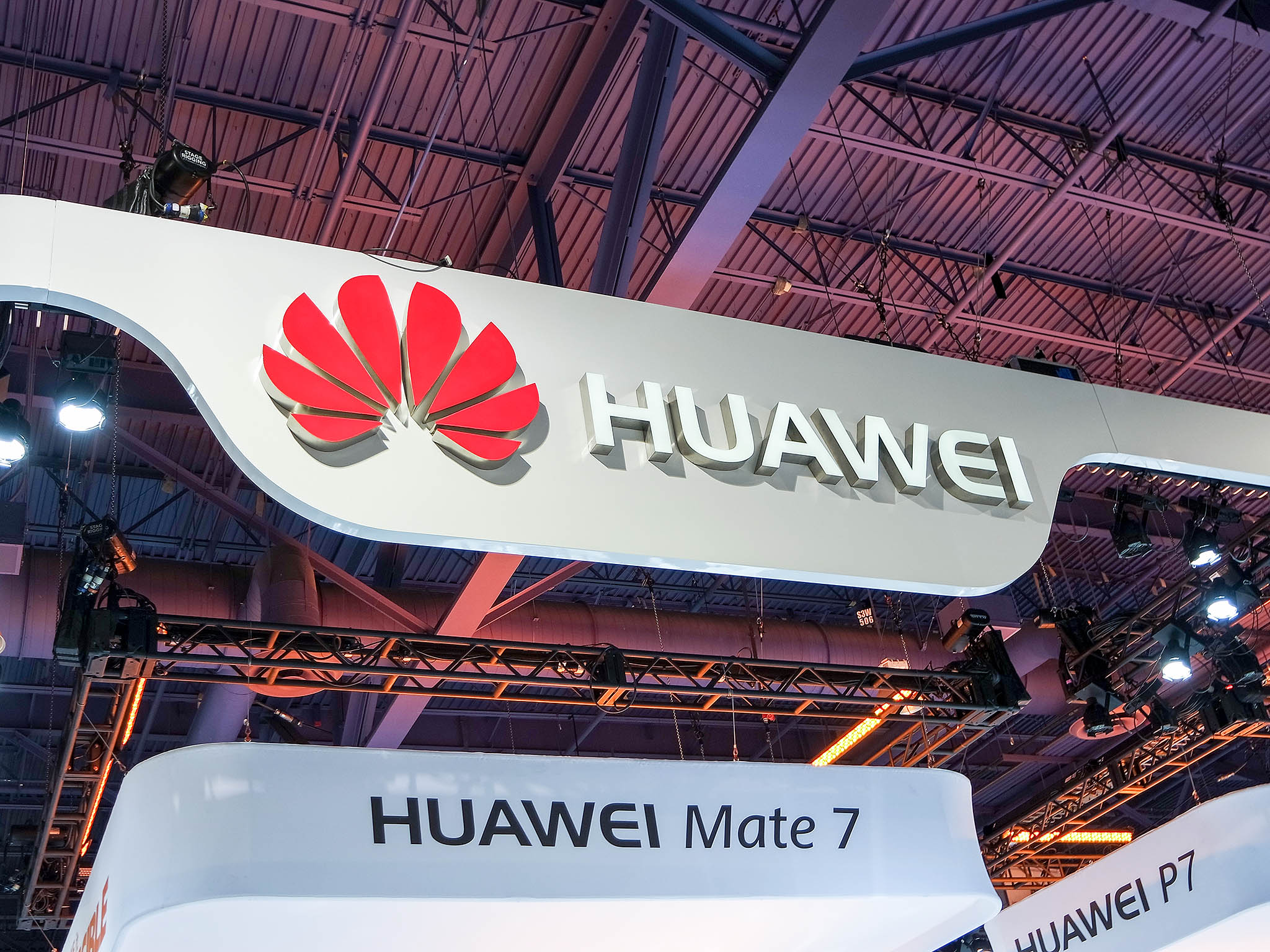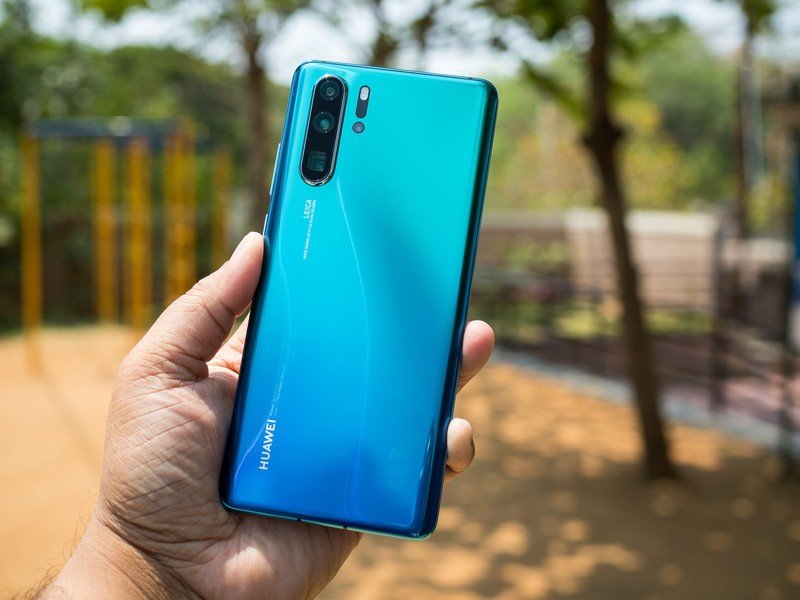China starts working on its own blacklist in response to the Huawei ban

What you need to know
- China is planning on blacklisting foreign companies that have been deemed "unreliable."
- It could include companies from the U.S. as well as Japan or Britain.
- China could also restrict rare earth exports to the U.S. in the future.
Tensions are rising in the trade war as China threatens to create its own blacklist. The list would contain foreign companies or organizations which China has deemed unreliable.
China will set up a mechanism listing foreign enterprises, organizations and individuals that don't obey market rules, violate contracts and block, cut off supply for non-commercial reasons or severely damage the legitimate interests of Chinese companies.
It is clear this is a direct response to the recent U.S. ban on Huawei which has caused many U.S. and foreign companies to cut ties with the Chinese mobile giant. The ban has resulted in Huawei losing direct access to Android, as well as access to patents from ARM that are used to make its Kirin processor.
While Huawei has its own operating system in the works set to launch in China in late 2019, getting around the hardware regulations will be a tougher cookie to crack.

As the trade war continues to heat up between the two countries, it was only a matter of time before China found a way to retaliate.
It's expected that China will not only target U.S. companies but also other foreign companies who have been dragged into this dispute. For example, Japanese companies Toshiba and Panasonic or Britain's ARM who have both been forced to shun Huawei after the U.S. ban was handed down.
A Ministry of Commerce spokesman for China, Gao Feng said that China is setting up the list:
to protect international economic and trade rules and the multilateral trading system, to oppose unilateralism and trade protectionism, and to safeguard China's national security, social and public interests
Another measure China has considered is restricting exports of rare earth minerals to the U.S. That's a big deal because these minerals are used in high-tech electronics, automobiles, and even for defense. The minerals aren't called rare for nothing, and China is the largest supplier with around 35% of the world's reserves and responsible for 70% of the mining done in 2018.
Be an expert in 5 minutes
Get the latest news from Android Central, your trusted companion in the world of Android
Trump has said in the past that Huawei could be part of a trade deal between the two countries. However, until the U.S. and China can come to a trade agreement, the two will continue to battle it out with tariffs and blacklisting companies. The U.S. still has the potential to add new companies to the entities list such as Zhejiang Dahua Technology Co. and Hangzhou Hikvision Digital Technology Co.
Chinese President Xi Jinping and Trump will next meet at the G-20 Summit at the end of June. Whether or not this next meeting leads to a trade deal is still up in the air, with Trump saying he's in no hurry to make a deal.
Losing Google support would irreparably damage Huawei's global smartphone business

